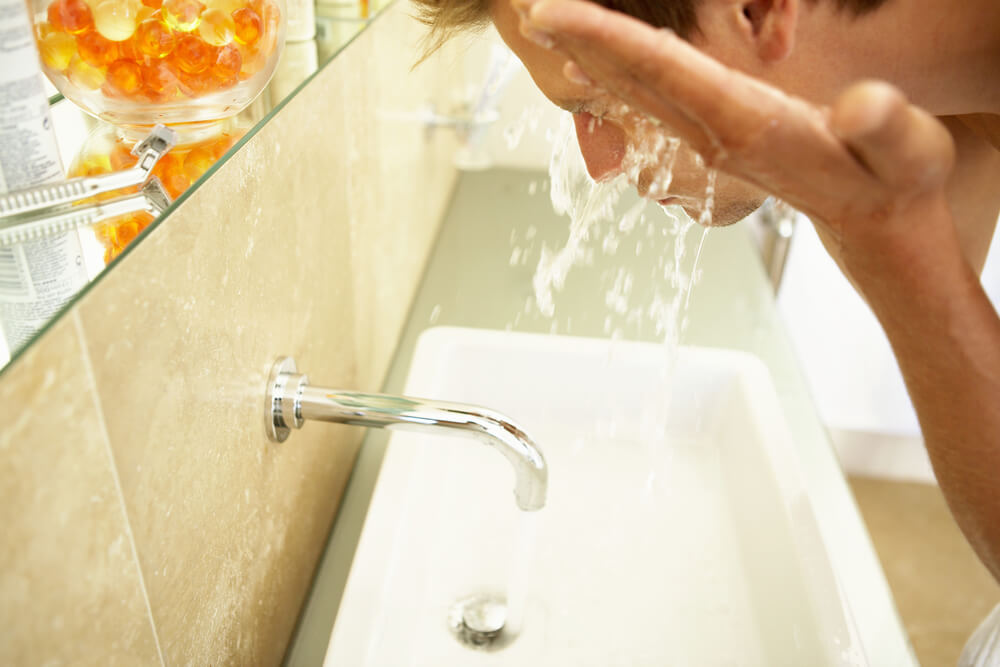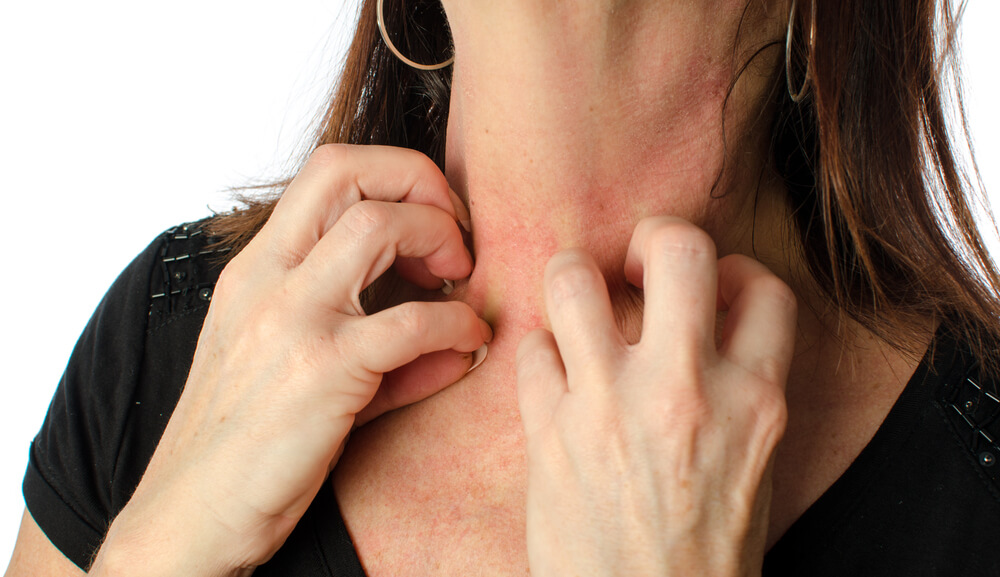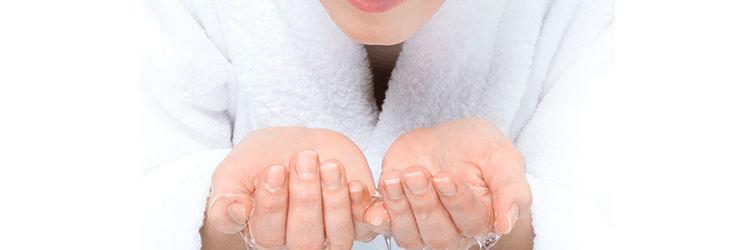One of the most essential prerequisites for good health, and also our basic right, is access to clean drinking water. The human body is made up of more than 65 per cent of water. We are after all what we drink. Staying healthy and looking healthy requires a good intake (doctors recommend eight glasses a day) of water. This is essential to keep the organs functional, the skin radiant and hydrated and the hair shiny and healthy. Drinking plenty of water helps our body flush out toxins and facilitate wellbeing. And while the importance of clean water cannot be underscored enough, the fact remains that the water we consume, wash and bathe in is not entirely toxin-free.
A common problem we encounter is that of hard water.
So what exactly is ‘hard water’?

Water is a universal solvent. “But these minerals make it difficult for any other substance to dissolve in water, especially soaps and detergents. If your water is hard you will have difficulty in getting soaps and shampoos to lather, in all likelihood you will use more of these for better results. Similarly, there would also be a problem in rinsing off, and the combination of hard water and soap residue left on the body can lead to irritation and dry flaky skin,” adds Dr. Bangia.
“There are many pointers to the quality of water supply in your home including the greenish sedimentation on the taps, deposits of soap in the washing machine and clogged plumbing, which are all caused by hard water,” he says.
Effects of hard water on skin and hair

If our skin and hair is susceptible to the deleterious effects of hard water so are our clothes, towels and bed linen. We bathe and wash with the same water and the detergent residue left on the clothes can cause chafing and skin irritation and in a worst case scenario, eczema and psoriasis or severe dermatitis, says Dr Singh.
Chlorine strips the natural protective oils from skin and hair, causing excess drying and frizz. Dry hair can be coarse, static and prone to tangles and breakage. Dry skin can lead to blemishes and the development of wrinkles.
Remedies for hard water
The best remedy for hard water says Dr Singh is to try and make it better by using a water softener; a good option is to install Reverse Osmosis (RO) filtration unit, although along with the contaminants a lot of essential nutrients also get lost. For drinking and cooking purposes boil water before use to reduce its impurities.
Protect yourself
If the hard water problem persists, here are some things Dr Bangia advises you can do to protect yourself from its harmful effects:
- Avoid soap, or use mild soap products and shampoos, especially in winter, to tackle the problem of soapy residue.
- Wash yourself properly and take shorter showers to prevent loss of natural oils and your skin’s exposure to hardened minerals.
- For proper hydration and to keep your skin supple and moist apply coconut/olive oil, a good moisturizer or a Vitamin C lotion, which has a scavenging effect on the chlorine present in water.
- Ensure a protein, vitamin rich diet.
These simple steps will ensure a soft and supple skin as well as protection against dry skin conditions.














